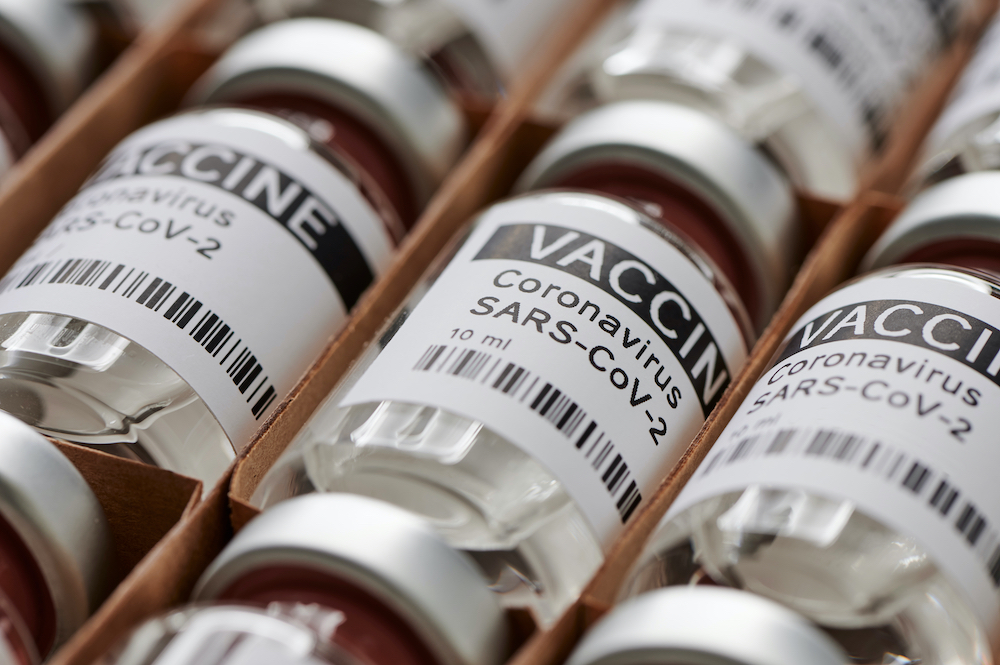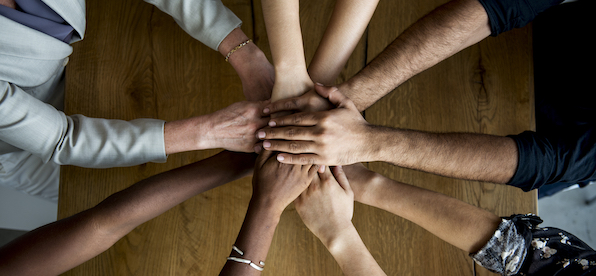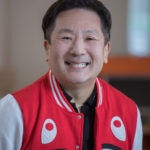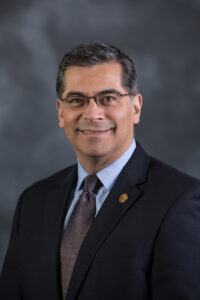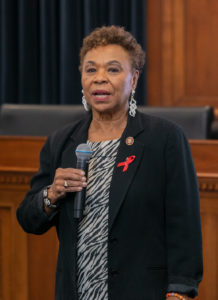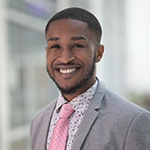Jezreal Rodriguez Anderson
Program Coordinator
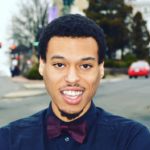 I am tasked with writing an article about Gay Black men, one of the hardest things I must do to date. If I were asked a year ago, it would be the easiest thing in the world, back when my life revolved around being what I deemed a “Black Gay Man.” However, as of recently, I am at a loss for words when it comes to this idea of Black gay men. As much as I crave the community of other Black gay men, I also fear it. I fear that the relationships I build will hurt me and I fear that the life I always thought I wanted was something that did more damage than good.
I am tasked with writing an article about Gay Black men, one of the hardest things I must do to date. If I were asked a year ago, it would be the easiest thing in the world, back when my life revolved around being what I deemed a “Black Gay Man.” However, as of recently, I am at a loss for words when it comes to this idea of Black gay men. As much as I crave the community of other Black gay men, I also fear it. I fear that the relationships I build will hurt me and I fear that the life I always thought I wanted was something that did more damage than good.
As funny as it sounds, when I got to college, I thought I was an anomaly. I thought as a Black Gay man I was the conundrum that people only heard about in myths. Up until this point, there were no Black Gay men in my life to befriend and as someone who went to a 100% African American school, I never found another man I could find solace in over my sexuality. TV shows like “Queer as Folk,” a program I snuck to watch, did not have Black gay characters and Davey Wavey, the white gay YouTube star I looked up to, did not discuss race, so going to college I was the only Black Gay man in the world and, oh, how that task.
That all changed when I took a break from my white institution and engulfed myself into the world of the District of Columbia. During my break from school, I built strong relationships with some Black Gay men who became my idols. It was the first time I saw Black men who were fully comfortable in their own sexuality and I wanted it. It was not long after that I realized that the same people I looked up to were also the people who would let me down.
As humans, we build ourselves based on the relationships we make. In 2021, being gay and being socially expressive is something that is still new in our world. We are in an era where we are still learning what it means to be Gay and what it means to be in a healthy relationship and, sometimes, we fall short of that. We as youth look up to individuals who are still looking for their own identity. The truth of the matter is, we go from being “straight men” to fucking them and there are issues that come with that.
Even though I have spent four years being in the Black community, I can tell you I still say have no idea what it means to be a Black gay man. For me, sometimes it is putting away my sexuality for the greater good of the community or being so gay that other Black people do not even acknowledge it. For some, it is doing lines of coke in the bathroom with their good friend and for others it is praising God during Sunday worship. None of these experiences are right and none of these experiences are wrong but they are the reality. As Black gay men, we are not a monolith, we are individuals; that is the most important part of this story.
A lot of Black gay men, including myself, will conform to what society deems a Black gay man is and then spend a lifetime trying to find our own selves. We look for the leaders in our community only to find they still cannot lead themselves. We look for intimacy through sex instead of just learning the importance of being in each other’s presence. It is time for us to find our own idea of what makes us Black and gay.
Sometimes I say too much and sometimes I do not say enough for fear of judgment. Some days I crave the relationship of other Black Gay men and sometimes I crave the intimacy I never gave myself. This chapter of my life being a Black Gay man means being my own self and having a keen sense of that. If we want to stop HIV, we need to first stop denying ourselves from healing first. Many of us are battling mental health issues, substance abuse, sex addiction, financial instability, and many other demons that are very valid and real. I can say, in the past five years, as strong as my relationship has been with other Black men, I can count on one hand the times someone asked me, “when was the last time you took your meds,” but I can tell you the last time someone asked me for a line of coke, or even the last text received about a “wild” sex party (that I might have gone to). I do not fault any of these individuals because this is their narrative and story. However, right now as a black community, we need to assess what are healthy habits and what are vices we are using to cope with deep hurt.
When you are searching for love, as all people do, sometimes we are willing to jeopardize our whole self to make that a reality. We will jeopardize our morals, our ideals, and, most importantly, ourselves for fear of being weak or alone. I know that is what I did until I realized that nobody could make me whole but myself. I found that all the unhealthy habits that were just for fun prior to COVID-19 became the same vices that I did alone when nobody was looking. I realized that all the love I thought I needed from others was not the love I give myself. To be honest, in 2021, we are not focused on how to stop HIV; we are focused on how to stop doing our vices before they kill us. If we do not forgive ourselves and understand that we are worth living for, then we will never see the importance of making sure we manage our HIV and take our PrEP. As Black gay men, no narrative is the same and to be empowered is to realize that, as an individual, you find it important to live a motivated life.
In all, the Black Gay community has so much beauty and many niches that have and continue to shape society. I am really blown away by the Black gay leaders in the community who take noes and turn them into yeses. Even through our hurt and ostracization, we get up each day and try to survive in the best way, in a world that wants us dead. When I first started this journey as a Black Gay Man, I thought I was the only anomaly, but I come to realize every person in my Black Gay community is too. We are all hurt and we have all hurt other, yet we still love and forgive. We ignore our own hurt to let others shine and that’s the beauty of it. In every mess you can always find beauty, and I am just as messy as the rest and it’s what make all of us so great. During this Black History Month let’s work on holistic healing. Let’s work on facing our fears head on and to become the person we are meant to be. Let’s work on realizing as a Black Gay Man you hold the power to move mountains and shape history. That is what I want to see this Black History Month: healing and self-love!
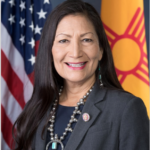 NMAC, formerly the National Minority AIDS Council, applauds the confirmation of Deb Haaland as Secretary of the Interior, the first American Indian confirmed to a Presidential cabinet position.
NMAC, formerly the National Minority AIDS Council, applauds the confirmation of Deb Haaland as Secretary of the Interior, the first American Indian confirmed to a Presidential cabinet position.